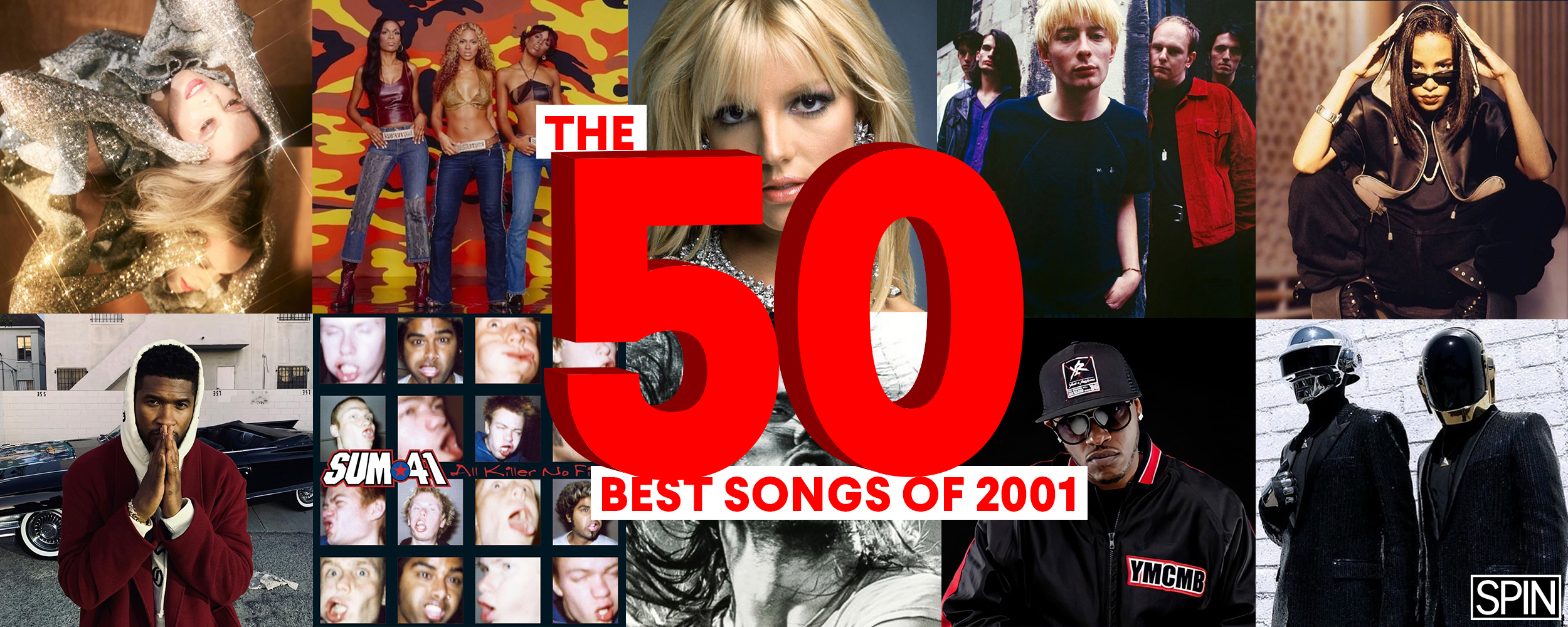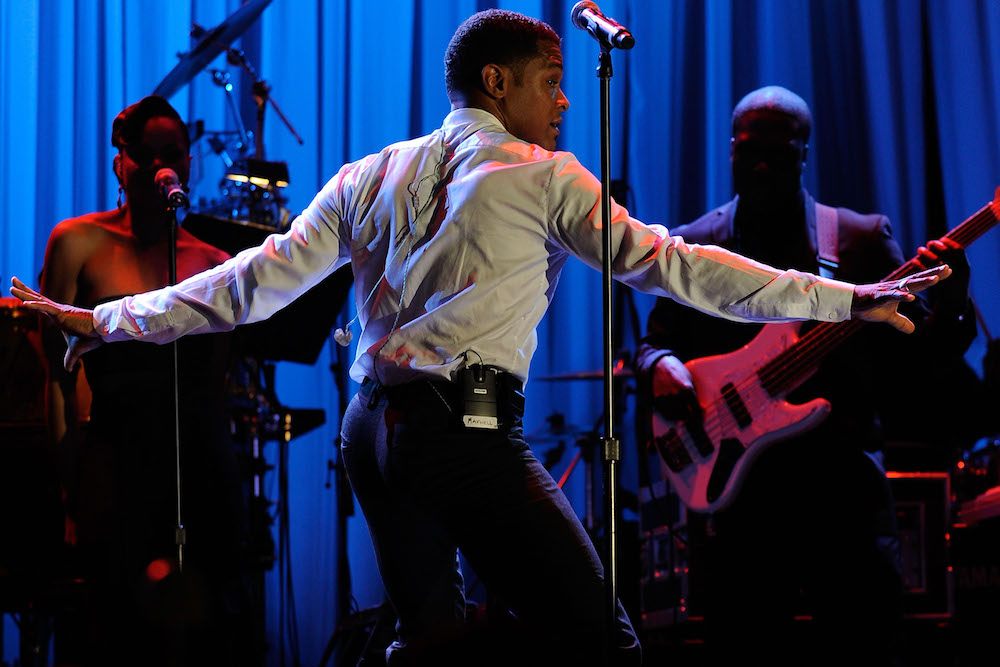Over the past decade, R&B has moved into icier and sparser soundscapes while its male stars succeed by giving genuinely bad relationship advice. The genre’s focus now is a far cry from the live instrumentals and intimate themes that characterized the mid-’90s rise of neo-soul. That offshoot’s royalty are parsimonious when it comes to releasing new albums, and tabloid flare-ups are very rare. But they’re still in demand: Erykah Badu’s Nubian wisdom is still felt through Twitter and “TRap & B” mixtapes. D’Angelo can still make you cry after taking a 14-year absence. Then there’s Maxwell, the falsetto-leaning recluse who’s one of music’s most reliable aphrodisiacs.
Since he debuted with the 1996 modern classic Urban Hang Suite, Maxwell’s greatness has come from the sum of his enigmatic persona, a singing style hyperbolized in those old Greek poems, and his mellifluous, nocturnal production. His non-neo-soul contemporaries — R. Kelly and Jodeci among them — have established careers by interpreting sex as a bodily conquest. Maxwell takes musical eons to make statements that fiddle around in the subconscious. The sex-positive messaging complements how his albums act as free, gnostic spaces for intimacy.
Maxwell’s performance with Nas at Brooklyn’s Barclays Center on Valentine’s Day, his return to the BET Awards earlier this month, and the warm applause he received for both (as well as his nonplussed, meme-worthy facial expression during the latter) showed once again that fans still want to follow the singer back to his room. His newest album, blackSUMMERS’night, arrives today, seven years after his previous album, 2009’s BLACKsummers’night, and he hasn’t lost a step. It’s an uptempo, multifaceted affair: Maxwell holds a disco party within cascading waterfalls on “All the Ways Love Can Feel,” and on “1990x,” he scores a romantic climax with string-laden grandeur. It’s not hard to understand why he’s been missed.
In advance of blackSUMMERS’night‘s release, Maxwell hopped on the phone with SPIN to talk about his recent trip to Haiti to shoot the “Lake by the Ocean” video, his neo-soul peers, and just what goes into the making of a Maxwell album.

Also Read
The 50 Best Songs of 2001
You shot the video for “Lake By The Ocean” in Haiti. Why did you make the decision to head back to your mother’s homeland for the shoot?
I did it about Haiti, but I did it about the Dominican Republic, too, because of [the land] which they both share. There’s a lot of political unrest among Haitians and the Dominican Republic.
In the video, I really wanted people to sort of come together and feel peace and feel that we, on a basic level, are connecting as human beings and souls here, and we should be helping each other. And of course a fun, sensual moment at the end of the whole thing with [that kiss]. I’m just grateful that we got to shed light on a very serious matter that’s plaguing not only certain parts of the Caribbean, but parts of America as well.
I feel like a lot of Americans don’t really get the view of Haiti that you show.
Yeah, I’m so happy they did. You know, what am I gonna show? How much money I have? It just didn’t seem correct for the song and the message. Something about it all came together. Philip Andelman is an amazing director. I’ve worked with him before, so I knew I could trust myself in his hands.
One of the standout lyrics from the album is “You’re the highest high of all kind / You’re a god in my mind,” from “Of All Kind.” Is that a reflection of some of your own personal relationships?
It deals with a deeper issue of loss, when someone who was once with you is gone — literally not on this Earth. So it’s like an homage to so many different people who I looked up to who have passed away. Now, moving on to 43, it’s like, “Wow, people are dying out here,” and you have to love them while you can.
Was it crazy for you performing at the Barclays Center? Growing up in East New York, it must be a surreal that there’s an arena in Brooklyn now.
I just do my best to please the crowd and get everybody feeling good about doing what they need to do that evening for their Valentine’s Day or that night. So hopefully in nine months I’m not gonna get a couple calls saying, “Guess what you did to us. Both of us are pregnant now. Damn you.” Or maybe the opposite. But basically we’re just here to celebrate love, true connection, and hopefully help the world on an ecological level.
How does it feel to be so associated with baby-making music?
It’s great. It’s always like being [the go-to guy] after the club. It’s nice to be included into the group of records people feel that way about. But I don’t think about it so much.
Urban Hang Suite came out 20 years ago. How does it feel to see that other people who made albums in that era — like Erykah Badu and D’Angelo — are still around and making music?
I love them. I mean, we grew up together. We’re like the high-school graduating class of soul. I support them. I try to connect with them as much as I can. It was a special era in music and I can’t believe that I was a part of it and that people are now celebrating it again.
When it comes to vulnerability in R&B, do you feel like that aspect has sort of been lost lately?
I think so. I think men are very afraid to feel like they can express their weakness and that’s what I’m here to do. I’m here to say what you can’t say. You know, humility and vulnerability are pretty beautiful to me, because it takes a lot to open your heart up like your zipper, you know? At the end of the day, it’s just great to sort of bring love and romance back into the field.




